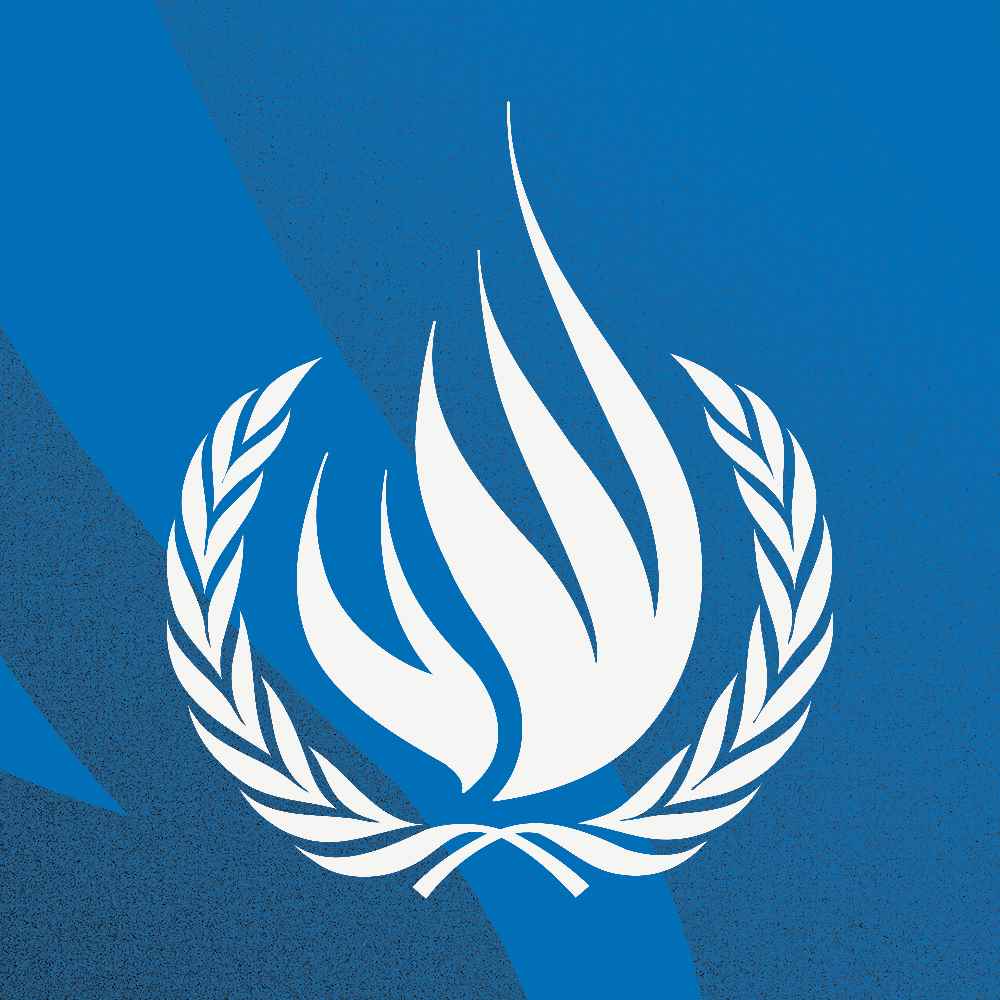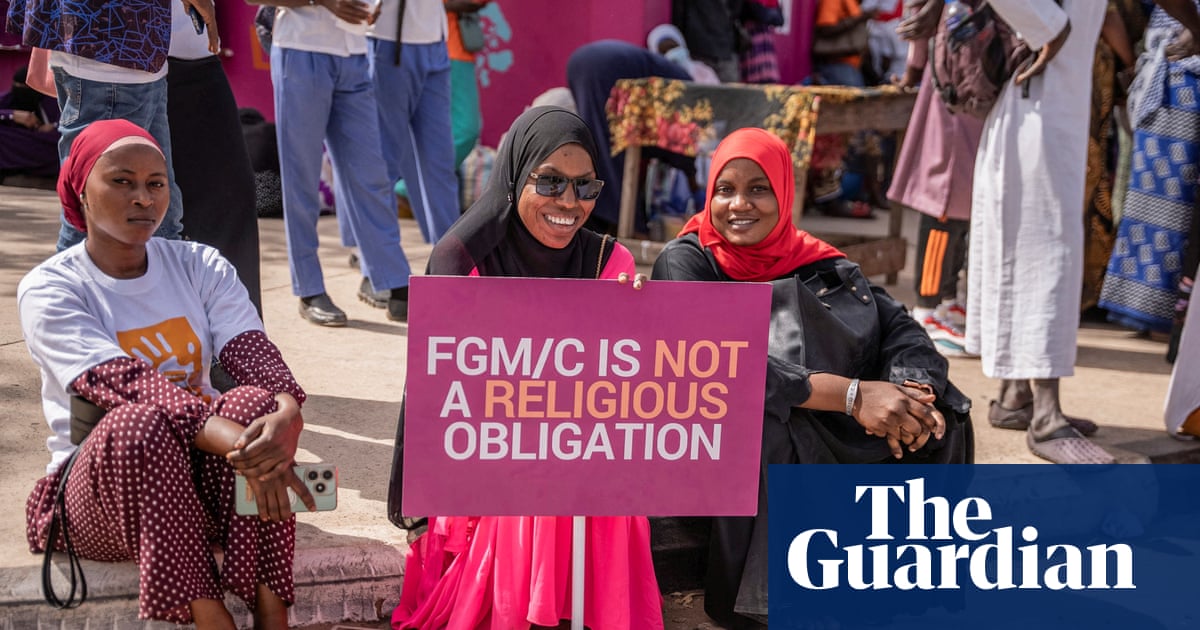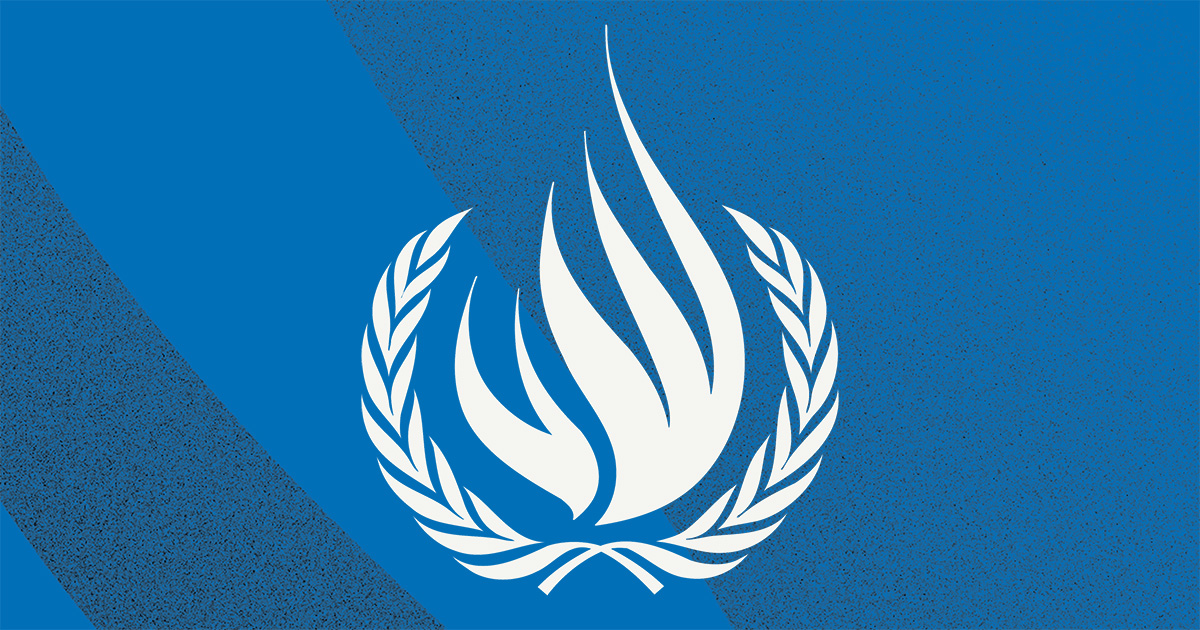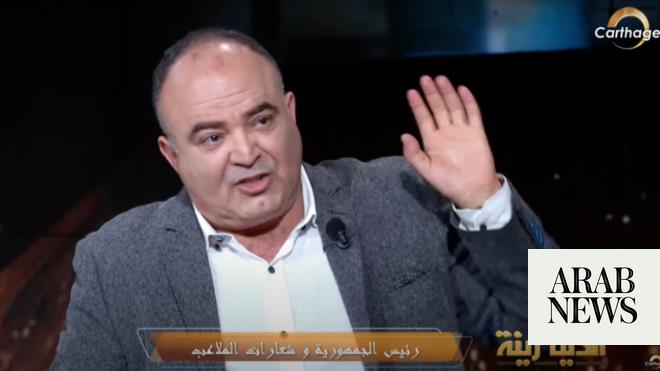
GENEVA (06 January 2023) – UN experts said today that a sharp increase in the use of the racist “N” word on Twitter after its recent acquisition highlights the urgent need for a deeper level of accountability from social media corporations over the expression of hatred towards people of African descent. The experts expressed their concerns in the following statement:
“In the early days of the Twitter acquisition, the Network Contagion Research Institute of Rutgers University highlighted that the use of the hateful and racist “N” word on the platform increased by almost 500 per cent within a 12-hour period compared to the previous average. Although Twitter advised this was based on a trolling campaign and that there is no place for hatred, the expression of hatred against people of African descent is deeply concerning and merits an urgent response centred on human rights.
“Hate speech”, advocacy of national, racial and religious hatred that constitutes incitement to discrimination and violence, as well as racism on social media, are not just a concern for Twitter but also for other social media giants such as Meta. While some claim to not allow hate speech there is a gap between company commitments to their policies and enforcement on social media sites. This is particularly salient in the approval of inflammatory ads, electoral disinformation on Facebook, and content that talks of conspiracy theories. Research from Global Witness and SumOfUs recently revealed how Meta is unable to block certain advertisements.
In response to many complaints, Meta took a significant step with the establishment of an oversight board in 2020. This group of experts from diverse areas of expertise is in place to “promote free expression by making principled, independent decisions regarding content on Facebook and Instagram and by issuing recommendations on the relevant Facebook Company Content policy”. Resourced with funds and having received two million appeals regarding content, the Board has made a number of recommendations and decisions. However, the effectiveness of the Oversight Board can only be seen over a long-time horizon and will require continued commitment at the highest levels of the social media to review and modify their mechanisms to address incitement to racial hatred online. There is a risk of arbitrariness and profit interests getting in the way of how social media platforms monitor and regulate themselves.
The UN High Commissioner for Human Rights, Volker Türk, recently penned an open letter to Twitter CEO Elon Musk which emphasised that free speech is not a free pass to spread harmful disinformation that results in real world harms. As he underlined Human rights law is clear – freedom of expression stops at hatred that incites discrimination, hostility or violence. We see too often that the spread of hatred and hate speech against people of African descent, and other groups, not only undermines their rights but creates major fissures in societies. These are increasingly difficult to overcome and a source of various forms of destabilisation within countries.
Allowing and tolerating the incitement to hatred and expression or advocacy of hatred against people of African descent and other marginalized groups, as well as individual members of such groups through online platforms, not only encourages the perpetrators, but also constitutes a continuous source of chronic race-based traumatic stress and trauma. These can be cumulative effects of racism on an individual’s mental and physical health. The presence of racial hatred further undermines the confidence of the affected communities in utilising social media and seeking justice. It is especially alarming if we take into account the fact that young people live a significant part of their lives in cyber space. Experiences gained from cyber platforms frequently shape their values, attitudes, and actions.
Content moderation can only address a part of what happens in cyber space but does not take into account the intended and unintended effects in society. There are deeper issues about advocacy of racial hatred, lack of accountability for abuses, and an absence of efforts to promote tolerance. If addressed, these can be strong determining factors in building a positive future both online and offline. At stake is the future of current and succeeding generations, as well as social cohesion amongst and across communities. Social media has a major role to prevent further rifts so that racial justice and human rights can be upheld to build less racist, less divisive, more tolerant, just, and equitable societies.
Social media companies must urgently address posts and activities that advocate hatred and constitute incitement to discrimination, in line with international standards for freedom of expression.
We call upon Elon Musk, Mark Zuckerberg, Sundar Pichai, Tim Cook, and CEOs of other social media platforms to center human rights, racial justice, accountability, transparency, corporate social responsibility, and ethics in their business model. We remind them that corporate accountability for racial justice and human rights is a core social responsibility. Respecting human rights is in the long-term interest of these companies and their shareholders. The International Convention on the Elimination of Racial Discrimination, the International Covenant on Civil and Political Rights, and the United Nations Guiding Principles on Business and Human Rights provide a clear path forward on how this can be done. We urge all CEOs and leaders of social media to fully assume their responsibility to respect human rights and address racial hatred.”
The experts: Ms. Catherine Namakula (Chair), Ms. Barbara Reynolds (Vice-Chair), Ms. Miriam Ekiudoko and Mr. Sushil Raj Working Group of Experts on People of African Descent; Ms. Pichamon Yeophantong (Chairperson), Mr. Damilola Olawuyi (vice-chairperson), Ms. Fernanda Hopenhaym, Ms. Elżbieta Karska, and Mr. Robert McCorquodale Working Group on the issue of human rights and transnational corporations and other business enterprises; Mr. Ravindran Daniel (Chair-Rapporteur), Ms. Jelena Aparac, Ms. Sorcha MacLeod, Mr. Chris Kwaja, Mr. Carlos Salazar Couto Working Group on the use of mercenaries; Ms. Ashwini K.P. Special Rapporteur on contemporary forms of racism, racial discrimination, xenophobia and related intolerance; Ms. Fionnuala Ní Aoláin, Special Rapporteur on the promotion and protection of human rights and fundamental freedoms while countering terrorism; Ms. Muluka-Anne Miti-Drummond, Independent Expert on the enjoyment of human rights by persons with albinism; Mr. Tomoya Obokata, Special Rapporteur on contemporary forms of slavery, including its causes and consequences; Professor Vitit Muntarbhorn, the Special Rapporteur on the situation of human rights in Cambodia; Ms. Isha Dyfan, the Independent Expert on the situation of human rights in Somalia; Mr. Alioune Tine, the independent expert on the situation of human rights in Mali; Ms. Reem Alsalem, Special Rapporteur on violence against women, including its causes and consequences; Mr. Morris Tidball-Binz, Special Rapporteur on extrajudicial, summary or arbitrary executions; Ms. Paula Gaviria Betancur, Special Rapporteur on the human rights of internally displaced persons; Mr.Ian Fry, Special Rapporteur on the promotion and protection of human rights in the context of climate change.
The Special Rapporteurs, Independent Experts and Working Groups are part of what is known as the Special Procedures of the Human Rights Council. Special Procedures, the largest body of independent experts in the UN Human Rights system, is the general name of the Council’s independent fact-finding and monitoring mechanisms that address either specific country situations or thematic issues in all parts of the world. Special Procedures’ experts work on a voluntary basis; they are not UN staff and do not receive a salary for their work. They are independent from any government or organization and serve in their individual capacity.
For more information and media requests, please contact Christina Saunders (christina.saunders@un.org).
For media inquiries related to other UN independent experts, please contact Renato Rosario De Souza (renato.rosariodesouza@un.org) or Dharisha Indraguptha (+41 79 506 1088 / dharisha.indraguptha@un.org)
Follow news related to the UN"s independent human rights experts on Twitter @UN_SPExperts
Concerned about the world we live in?
Then STAND UP for someone"s rights today.
#Standup4humanrights
and visit the web page at http://www.standup4humanrights.org










